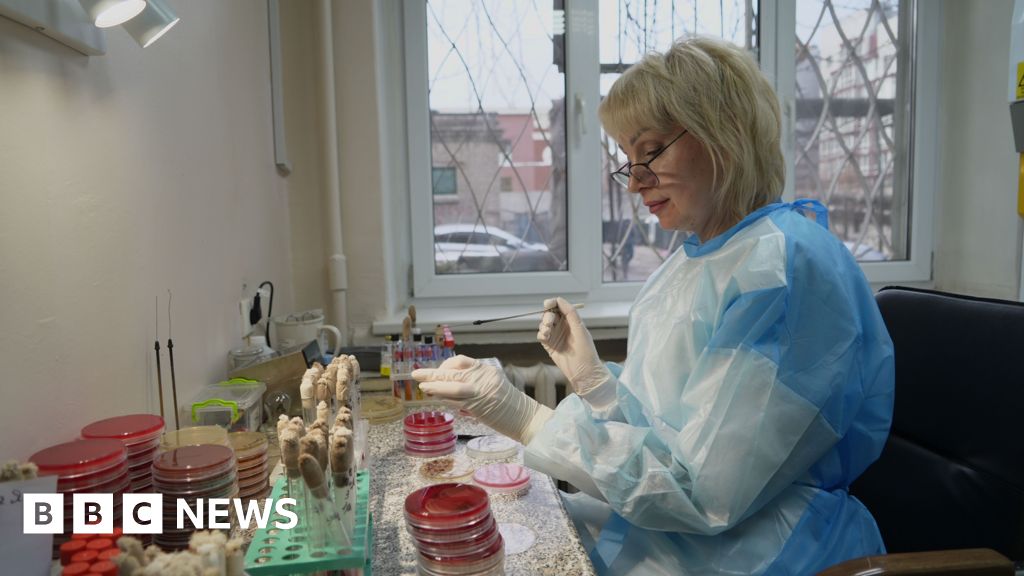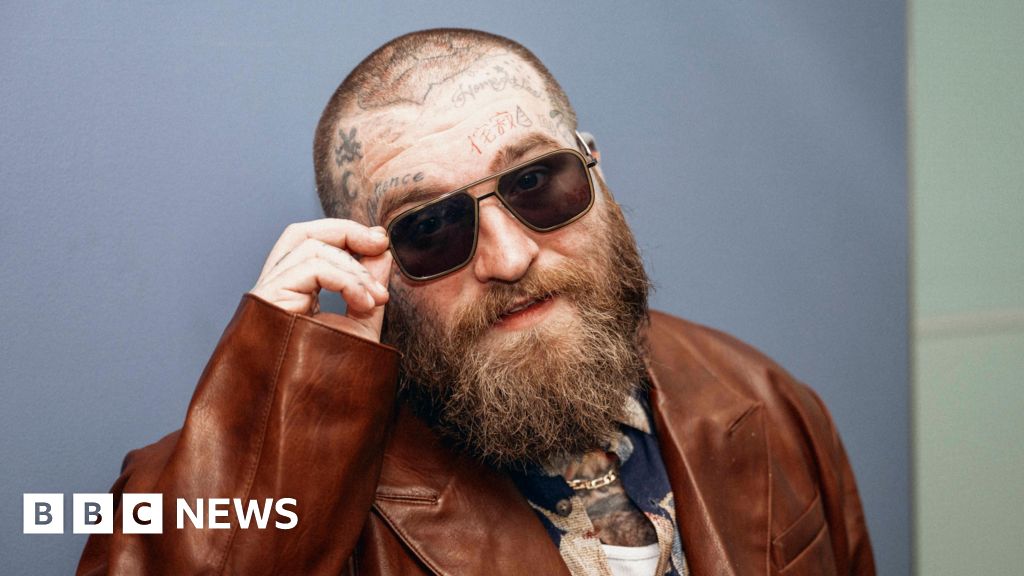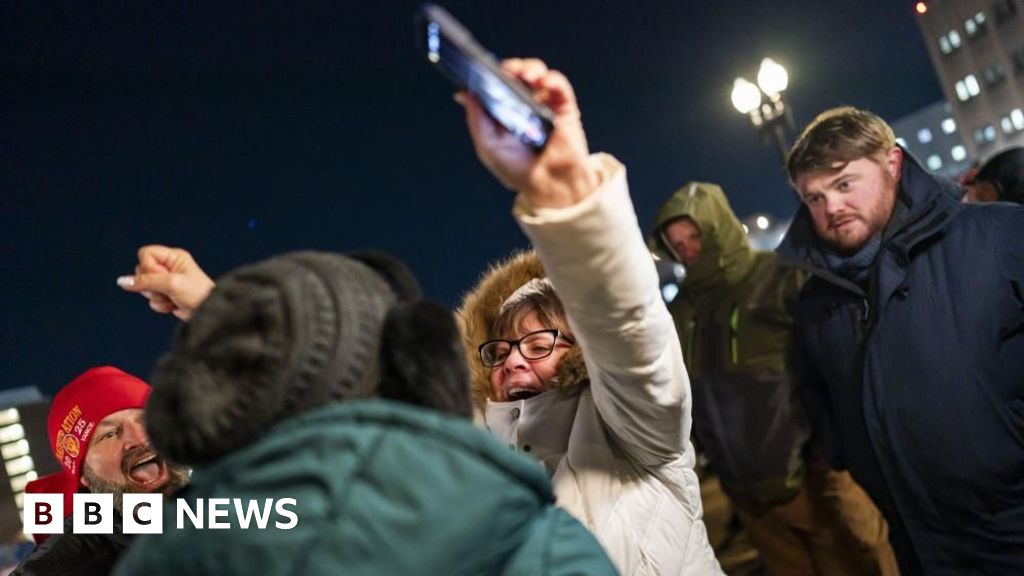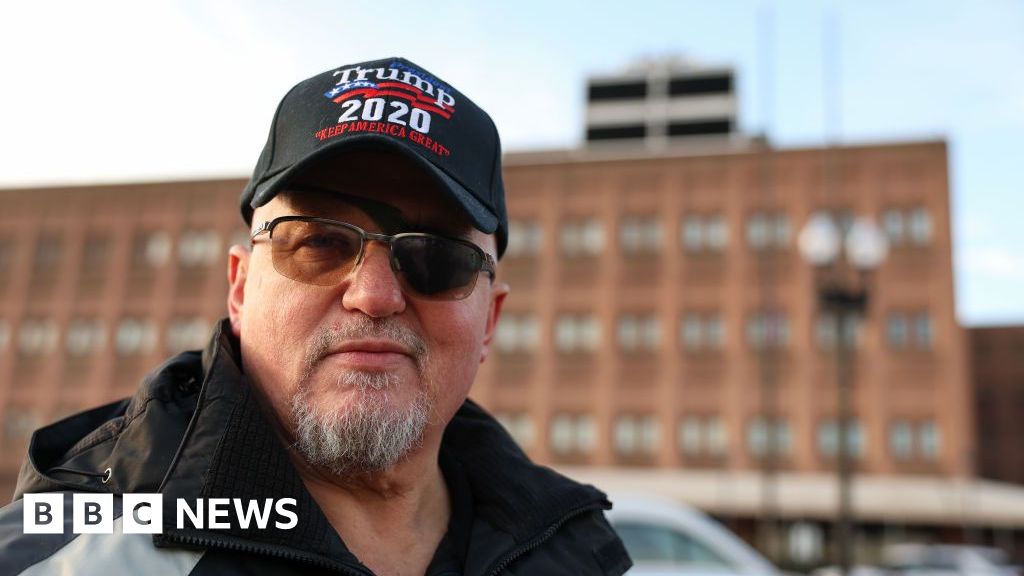 Martin Luther King Jr. rightly identified health inequity as the worst form of social injustice. Credit:
bswise
Martin Luther King Jr. rightly identified health inequity as the worst form of social injustice. Credit:
bswiseWASHINGTON DC, Jan 20 (IPS) - Every year, January 20 is celebrated as Martin Luther King Jr. Day. He was a leader in the Civil Rights Movement who fought for equality and justice, especially for Black people, through peaceful protests and powerful speeches. The day is observed annually on the third Monday of January, close to his birthday on January 15. It is a time to remember his work, reflect on his message of fairness and nonviolence, and engage in acts of service to help others in our communities.
As a global health equity advocate, MLK Day holds special significance for me as a day to remember him as a health equity champion. He rightly identified health inequity as the worst form of social injustice. In his 1966 speech at the Second National Convention of the Medical Committee for Human Rights, MLK stated, “Of all the forms of inequality, injustice in health is the most shocking and inhuman”. I couldn’t agree more.
Growing up in Nigeria as a high school student in the 1980s, I was introduced to MLK through reading editions of Ebony magazine. I remember with nostalgia how I walked to roadside book sellers to buy old copies of the magazine.
These magazines introduced me to Black American social justice debates, including the works of MLK and Thurgood Marshall. It was an opportunity to connect spiritually with Africans in the diaspora - Black Americans - and their struggles. What struck me most as a child was MLK’s nonviolent demand for racial justice.
After high school, I went on to medical school in Nigeria to begin my training as a doctor. By the time I graduated in 1998, it was clear to me that patients’ rights must be respected in healthcare delivery. As health workers, we must prioritize preventive care while providing the care our patients need.
At the time, I did not know the right term for my convictions. Decades into my work in global health, I came to understand the term for my beliefs: health equity. In 2018, I delivered my first TEDx talk titled “Without Health We Have Nothing”. This is why MLK’s assertion that health injustice is the worst form of inequality resonates deeply with me. Healthcare - or its absence - is truly a matter of life and death.
Globally, health inequities are numerous and mostly preventable. Neglected Tropical Diseases, maternal deaths, and malnutrition vividly reflect the global health injustices MLK foresaw.
Neglected Tropical Diseases
Want to see a perfect example of diseases that disproportionately affect poor people? Look no further than Neglected Tropical Diseases (NTDs). These diseases affect 1.6 billion people globally, primarily in Africa and Asia. Many people do not realize some, like those mentioned in the Bible, still exist today.
A prime example is leprosy - a slow-growing bacterial infection that affects the skin, nerves, and sometimes the eyes and nose. Surprisingly, in 2024, the U.S. saw a significant rise in leprosy cases, particularly in the southeastern region, with central Florida identified as a hotspot.
Data reveals that approximately 34% of new cases reported between 2015 and 2020 were locally acquired. Without treatment, leprosy causes numb patches and potential deformities. Fortunately, leprosy is completely curable with antibiotics when caught early.
Other NTDs include river blindness, trachoma, and noma. Noma, in particular, is heartbreaking - it predominantly affects children between and six years who are malnourished, live in unhygienic conditions, or have weak immune systems.
Noma starts as a sore in the mouth but can destroy facial tissues, leaving severe deformities if untreated. Proper hygiene, nutrition, and healthcare can prevent noma, but it remains a reality in the poorest parts of the world.
Maternal Mortality
The United Nations Population Fund (UNFPA) captures the essence of safe motherhood with its statement: “No woman should die while giving life”. Tragically, for many women in low- and middle-income countries, and even wealthier nations, this isn’t the case.
In Nigeria alone, over 80,000 women die annually during pregnancy, childbirth, or shortly afterward. A professor once likened Nigeria’s high maternal mortality to filling a commercial jet with pregnant women every day and letting it crash - a haunting image. This huge injustice should not be allowed to continue.
In contrast, the United States of America has a higher maternal mortality rate compared to other wealthy countries, largely due to the disproportionately high maternal death rate among Black women. Black women are still 2 to 3 times more likely to die from pregnancy and childbirth than White women, regardless of their education level or socioeconomic status.
The solutions to stopping maternal deaths are not rocket science. Prenatal care must identify high-risk pregnancies, and women need access to proper nutrition to reduce the risks of postpartum hemorrhage, the leading cause of maternal deaths. With proper planning and preparation, including access to cesarean sections and emergency services, these deaths are preventable. Addressing these gaps would save countless lives.
Malnutrition
Malnutrition is a double-edged sword - it manifests as undernutrition (not enough nutrients) or overnutrition (eating too much). Both forms can be deadly, especially for children under five. Undernourished children fail to grow properly (wasting) and suffer impaired brain development, leading to stunting.
Globally, 22% of children are stunted, with 90% of cases occurring in Africa and Asia. On the other hand, overnutrition causes obesity, increasing the risk of non-communicable diseases like diabetes.
The solutions are simple: Support mothers to breastfeed exclusively for six months, educate communities on using affordable, local foods to prepare nutritious meals, and invest in school feeding programs. These steps would dramatically reduce malnutrition’s toll.
MLK’s vision for health justice shapes my global health equity journey. On MLK Day, let us reflect on global health injustices and commit to ending them. Identify one health issue you are passionate about and take meaningful action to address it.
MLK was right - health injustice is the worst form of inequality because without health we have nothing.
Happy MLK Day!
Dr. Ifeanyi M. Nsofor, a public-health physician, global health equity advocate and behavioral-science researcher, serves on the Global Fellows Advisory Board at the Atlantic Institute, Oxford, United Kingdom. You can follow him @Ifeanyi Nsofor, MD on LinkedIn
© Inter Press Service (2025) — All Rights ReservedOriginal source: Inter Press Service

 1 day ago
3
1 day ago
3










 English (US) ·
English (US) ·